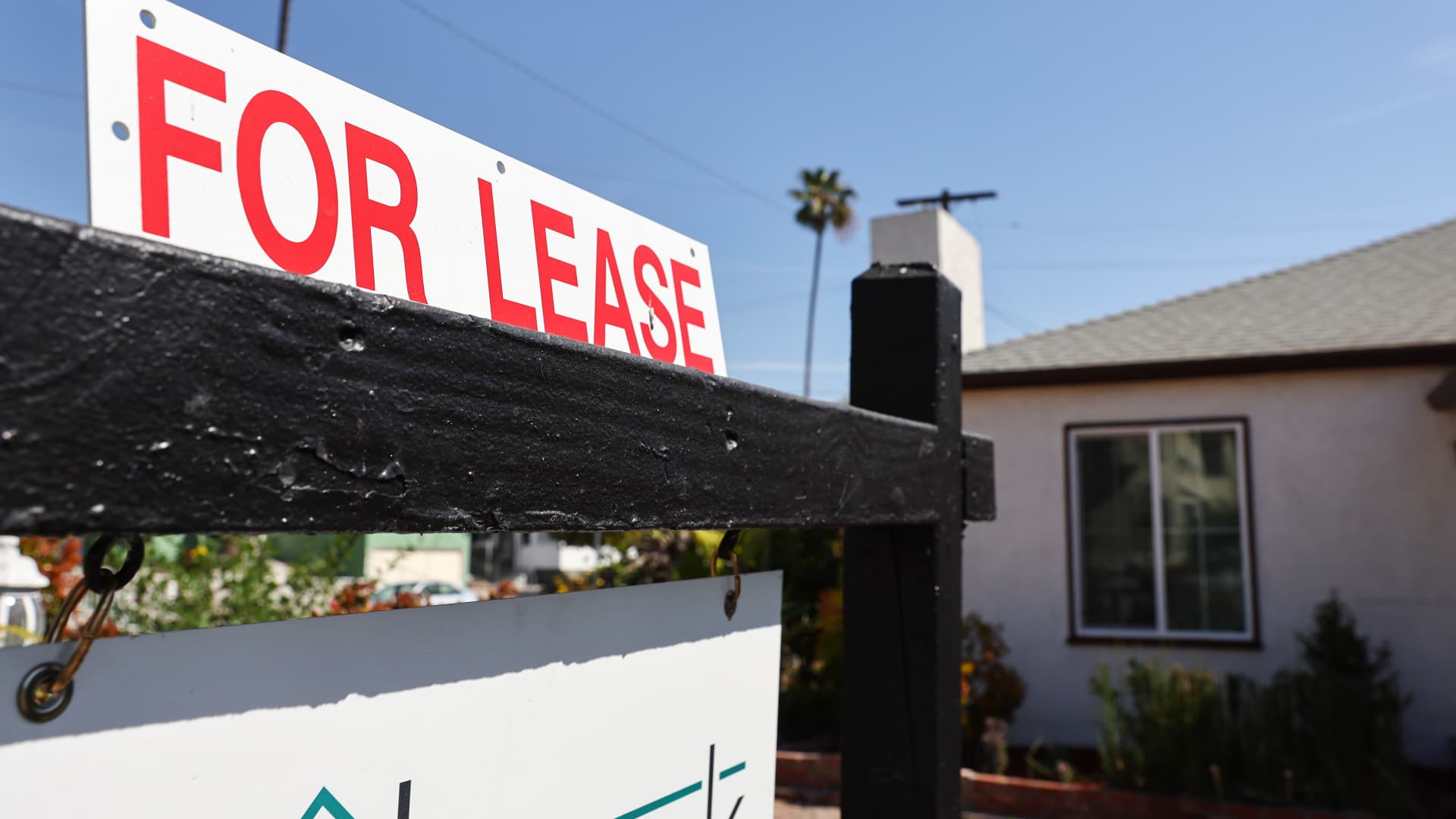Unlike many of the people who are writing encomiums to James Buckley (see here and here, for example), who died yesterday at age 100, I didn’t know him.
But I still remember sitting in my Winnipeg apartment with some libertarian friends and watching U.S. election returns on November 3, 1970. The media showed James Buckley’s victory speech and I still remember his words: “How sweet it is.” Buckley, running on the Conservative Party ticket in New York state, was running against Richard Ottinger, the Democratic candidate, and Charles Goodell, the Republican candidate and incumbent whom Governor Nelson Rockefeller had appointed to the U.S. Senate after Senator Robert F. Kennedy was murdered in June 1968.
Goodell, by the way, was the father of Roger Goodell, the commissioner of the National Football League.
It’s not often that one has reason to remember a one-term U.S. senator. The reason I do remember is the case he brought, on First Amendment free-speech grounds, against the 1971 Federal Election Campaign Act. The case, which made it all the way to the Supreme Court, was Buckley v. Valeo. This link gives a nice summary. Buckley prevailed on a few key points but not on all.
Update: Bill Evers, a fellow long-time opponent of the draft–we were both against it from the 1960s on–sent me the following from the Congressional Quarterly Almanac.
EXCERPT The Senate June 8 reversed itself and adopted a $2.7-billion military pay-increase amendment to the draft extension bill (HR 6531) after rejecting a similar measure two weeks earlier.
The pay-increase amendment, which was offered by Gordon Allott (R Colo.), was adopted by a 51–27 roll-call vote. (Vote 72, p. 13-S) …
Allott … said, “I wanted to ensure that we enter the next two years of conscription under circumstances which will enable us to improve our knowledge of the factors which will determine whether or not an all-volunteer army is feasible.” He said that his amendment would best provide for such a determination. …
James L. Buckley (Cons-R N.Y.) said, “I believe that if we compromise on this, if we try to save a few dollars here in achieving this goal, it may result in finding, when the draft comes up for a new extension, that we will have discredited the [all-volunteer] concept unfairly.”
Supporting Buckley’s position, Bill Brock (R Tenn.) stated, “It is incumbent that we provide the President with the tools needed to end the draft far ahead of the deadline (June 30, 1973).”
The amendment was adopted June 8 by a 51–27 roll-call vote. (Vote 72, p. 1289)
Another reason to like James Buckley.
















